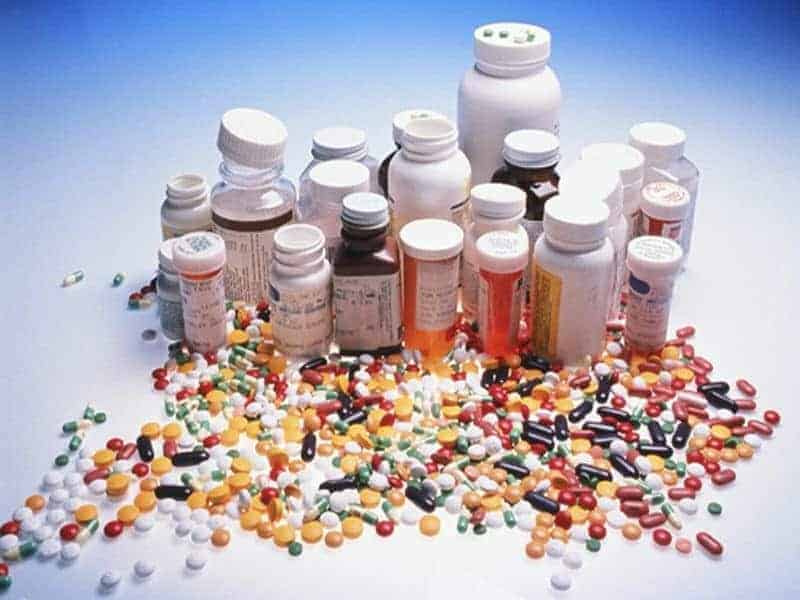FRIDAY, April 12, 2019 (HealthDay News) — Medication shortages are frequently reported by pharmacy practice managers, and hoarding is widespread, according to a research letter published online March 25 in JAMA Internal Medicine.
Andrew Hantel, M.D., from the University of Chicago, and colleagues conducted semistructured interviews with nine health system pharmacists. Based on analysis of these qualitative interviews, survey items were created and sent to self-identified pharmacy practice managers and/or pharmacy leaders (PPMs) who were members of the American Society of Health-System Pharmacists. There were 719 respondents.
The researchers found that all respondents reported experiencing drug shortages in the preceding year and that 69.2 percent reported more than 50 shortages. Overall, 92.4 percent of respondents reported an average of less than one month from notification to active shortage. There was no administrative mechanism to respond to shortages for 34.9 percent of respondents; 13.3 percent reported a standing committee that included physicians, and 2.8 percent included an ethicist. A total of 81.3 percent of respondents reported medication hoarding. Within the previous year, 34.4 percent of respondents reported an episode of rationing; rationing occurred more frequently at academic and academically affiliated hospitals versus community hospitals (47.7 and 45.4 percent, respectively, versus 25.5 percent). During rationing, more than half (51.8 percent) of respondents reported that the treating team alone decided on allocation methods.
“This survey of PPMs suggests that more systematic approaches are needed to address the common problem of drug shortages and consequent drug rationing,” the authors write.
Abstract/Full Text (subscription or payment may be required)
Copyright © 2019 HealthDay. All rights reserved.



